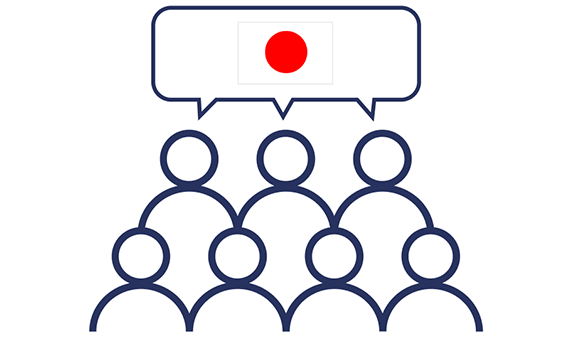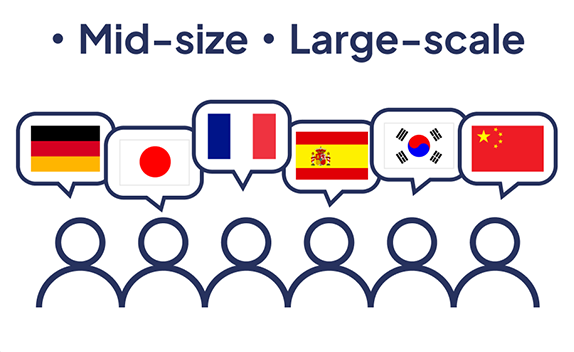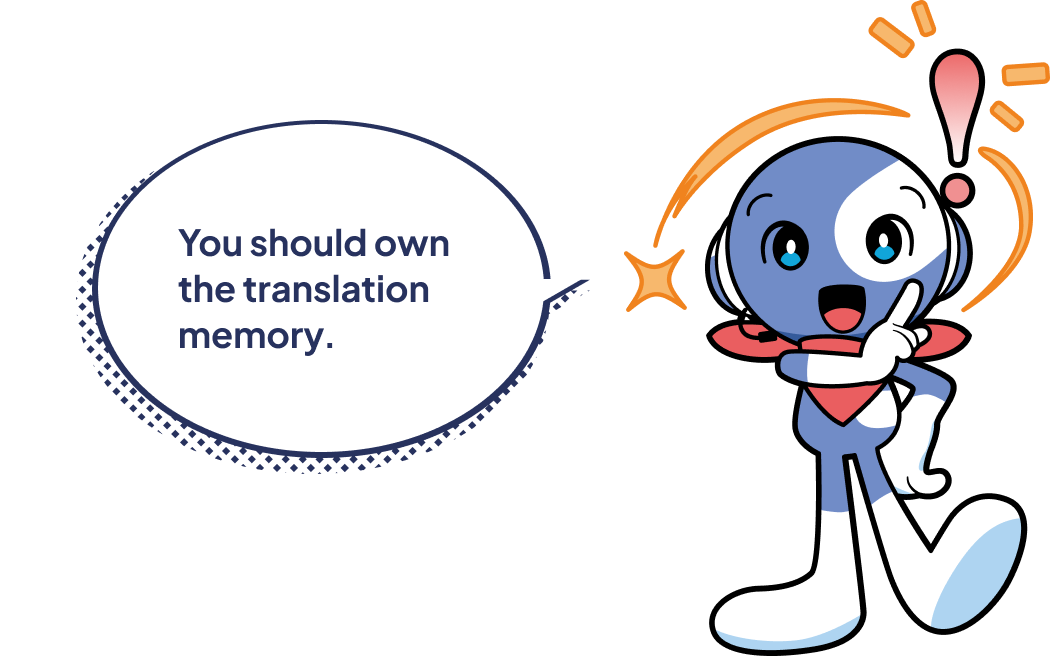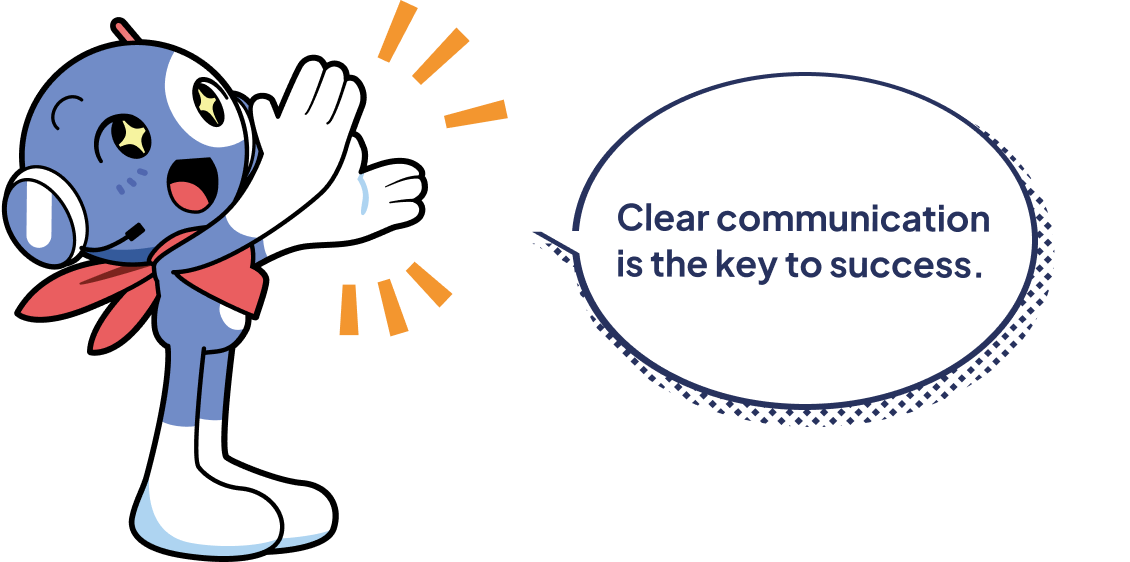How to Start Localization
New to localization?
Here are some useful tips for starting your journey.

It’s best to get started with localization early. Leading companies include localization during the planning stage as a strategic part of their global business. Leaving localization to the last minute can result in literal translations and culturally inappropriate word choices, as well as leave you playing catch-up with the competition.
Crestec’s Localization
Service Flow
Stage
Initial contact
Stage
Discovery
meeting
Solution
development
Stage
Agreement
Kick-off
meeting
Stage
Hand off
Production
by Crestec
Initial delivery
Final Delivery
Change
implementation
Final
acceptance
1 Planning Stage
During the planning stage, asking the following questions will help you to better understand and define your localization needs.
Which foreign markets are
we going to target?
Why are
we going to those
markets?
What do
we need to localize
for those markets?
How do we want local
customers to interact
with our products/services?
When do we want our
localized products/services to
be available to customers?
How much can we spend
on localization?
Answering these questions will help you determine which service provider is right for you.
The best choice usually depends on the size of your localization projects and your budget.

Freelance
Translators

In-house
Translators

Single Language
Vendors (SLVs)

Multiple Language
Vendors (MLVs)

2 Discovery Stage
Now you are ready to talk with your potential vendors. Here are some tips to identify vendors that may be a good match.
1. Pay attention to who does most of the talking during the meeting.
Vendors who do most of the talking are usually too busy convincing you how good they are rather than trying to understand YOUR needs.
2. Remind yourself that you are always in the driver's seat.
If you ever feel pressured, it's OK to say, "I am not ready to make a commitment.
3. Don’t start with questions like"How much do you charge?" or "How quickly can you do it?"
Localization projects are often complex, and your vendor project managers need to assess a lot of information to prepare a quote.
4.
Gauge your feelings
about the people
you are talking with.
Successful localization requires the customer and vendor to work together. Do not choose a vendor based only on pricing or the timeline that they offered.
3 Agreement Stage
Besides checking all the fine print on the agreement and price sheet, be sure to define who owns the translation memory.


4 Production Stage
Here are some tips on getting your vendor to work harder and more efficiently for you.


- Plan localization
projects well. - Vendors like customers who plan well and give them a heads-up for future projects well ahead of time.
- Make sure that the source materials are error-free and localization-ready.
- Vendors often receive source materials full of typos and grammatical errors, resulting in project delays that may cost you time and money.
- Clearly communicate the project scope, instructions, and your delivery expectations.
- "Can you just translate it?" is like telling a pilot, "Just fly." Tell the vendor what you want, how you want it done, and when and how you need it delivered. If you have multiple stakeholders on your end, give vendors a list of whom to contact for what purpose.
Build Long-lasting Relationships
Localization projects often become on-going projects as global companies keep updating their products and services.
Here are some tips for building long-lasting relationships with your vendors.

Constantly communicate your expectations to your vendors.
The business scene changes and your expectations of your vendors may change as well. Host regular meetings like quarterly business meetings to stay up-to-date on each other’s expectations.
Have some face-to-face time.
The more face-to-face time you have with your vendors, the higher their loyalty will grow.
Sometimes it’s a good idea to meet casually over lunch or happy hour just to have a good time.
Get them involved during your planning stage.
When you are thinking about a new product/service launch or new target markets, get your vendors involved and ask for their professional opinions.
Provide a safe environment to voice their needs and concerns.
Smart customers create a safe environment where vendors can say “no” or provide alternatives without having a fear of losing your business.

Contact us to explore whether
Crestec is the right vendor for you.
Ready to start a conversation?




